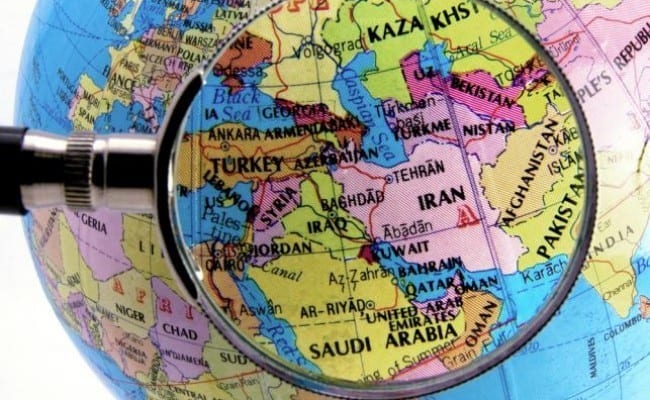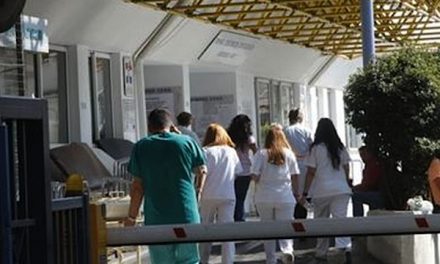By Bayram Aliyev, alarabiya“War is the continuation of politics with other means.” (Carl von Clausewitz)
The radical transformation illusion in international politics with the end of Cold War in the West seems to be wrong and replacing again more realistic perception of World Politics, currently. States are still dominant actors in international politics and attempt to gain more relative power in order to maintain their security. The only real fact is that power distribution in World politics changed with the collapse of Soviet Union, but the same structure of global politics have still been functioning with a few changes. That’s why great power behaviors in 21st century will continue to happen as they did before. As Mearsheimer argues, the real World remains a realist World in new era.
To analyze the developments in Middle East, power relations between states is important and it is also important to focus on issues beyond political and religious ideologies. Indeed, there is a power competition in the region over using ideologies as a tool. For example, Iran uses Shiism as an ideology to consolidate its power in the region as well as in Syria by involving Shiites from the countries where there is Shiite community like in Pakistan and Afghanistan to Syrian war and organize militias such as Zeynebiyyun and Fatimiyyun that has been witnessed in Syria.
Current developments in global politics have impact on balances in the Middle East region. The last two developments in global politics-President Trump’s new choices for his National Security Advisor and State Secretary and Putin’s re-election as a President in Russia-will continue to influence the ongoing civil war in Syria and other regional issues in the Middle East. Explicitly, Mike Pompeo and John Bolton are in favor of hawkish foreign policy and see Iran the number one threat among others for the US and regional security. Namely, one of the prior goals of these decision-makers seems to be restricting Iran’s influence in the region, which had been expanded during Obama period. Secondly, these figures also approach current Turkish government with doubts as we can understand from their statements in the past. It is expected that Turkey will be forced to make clear its geostrategic goals and its relations with allies and states which are perceived as threat in the Western hemisphere.
Political and security goals
On the other hand, recent incident that England and other western states accuse Russia of the killing of former agent and their removal of Russian diplomats from Western capitals has minimized the possibility of reconciliation between Russia and the West in the Middle East as well. This means that Russia will continue to back up the Assad regime in Syria and to strengthen its strategic alliance with Iran. In this balance, Turkey’s place also will be important and will define the next steps of Turkish decision-makers in the region, more specifically in Syria.
Turkey’s military operations in Syria conducted against the Kurdish forces in the border region between Turkey and Syria, can be considered as a factor to restructure regional balances. Turkey has long been showing differences in its strategies on certain issues from its Western allies. This disagreement has made Turkey to be forced to put into effect its own unique strategy. However, this does not mean that foreign policy axis of Turkey is in shift in favor of Russia and Asian Powers. As it is known there are deep political disagreements between Turkey and Russia on regional issues, although there are some tactical compromises between these powers.
Only two years ago, there were debates in Russia to support Kurdish forces both in Turkey which are PKK terrorist organization and PYD in order to weaken the position of Turkey. That’s why both sides- Turkey and Russia- are well aware of differences of their political and security goals. Furthermore, PYD which is defined as a terrorist organization is supported and trained by the US forces. Although, the US declared that this support is only for defeating of ISIS, but PYD’s increasing power near Turkey has security challenge for Turkey. If Turkey and the US cannot find common language, it seems likely that Turkey and the US led Western coalition will move away further that will alter regional balances completely.
_______________
Bayram Aliyev is a PhD Candidate in International Relations at Istanbul University, as well as he holds an MA in Political Science and Government from Siegen University. His main research interests are international security issues, foreign policy analysis and specifically foreign policies of Turkey, Russia and Iran.



















